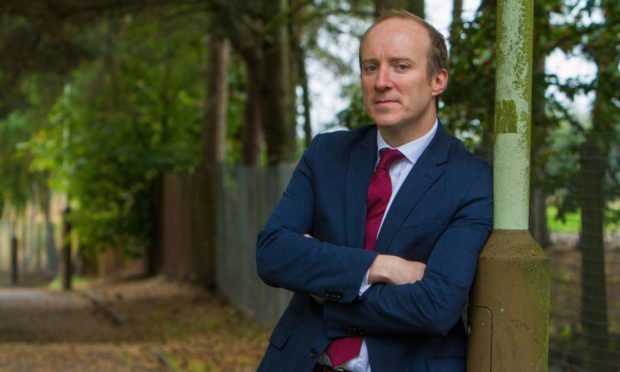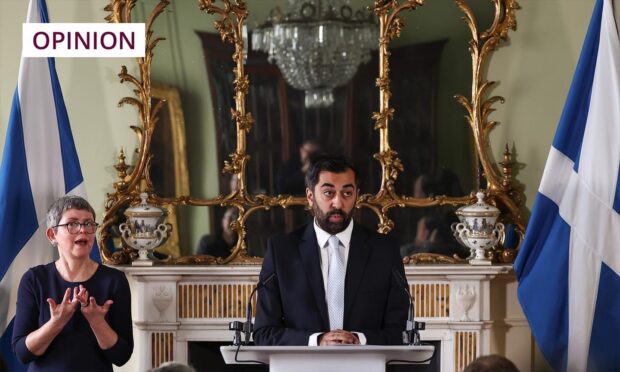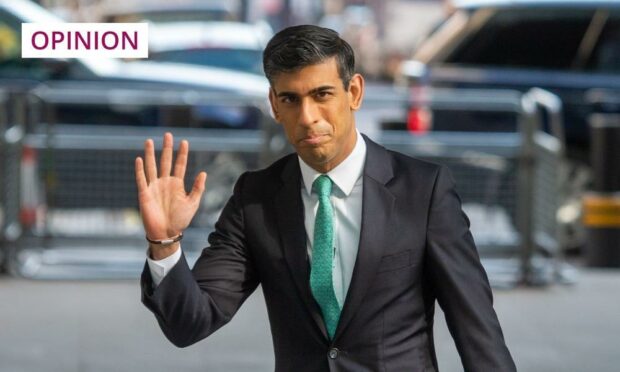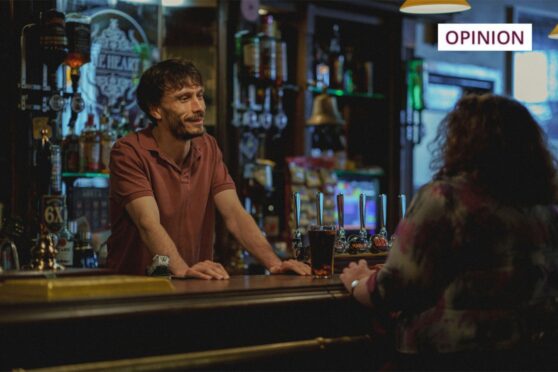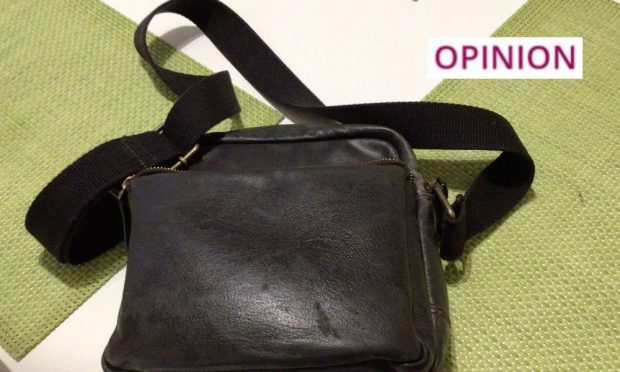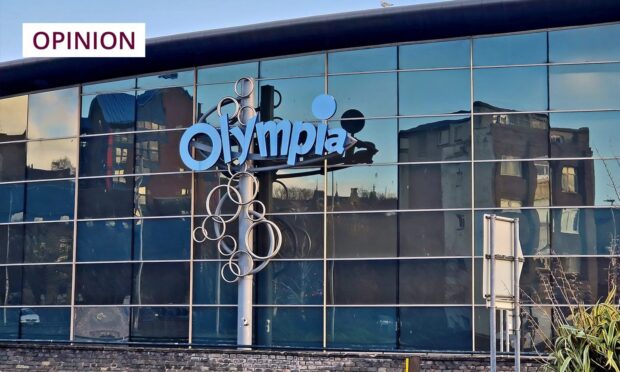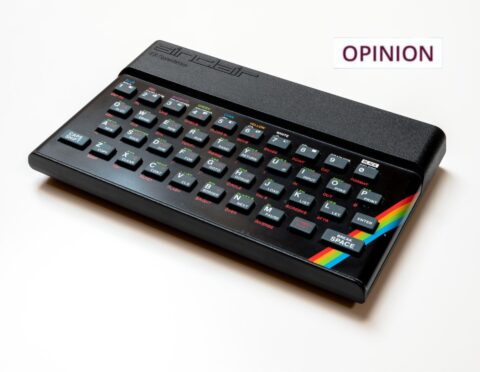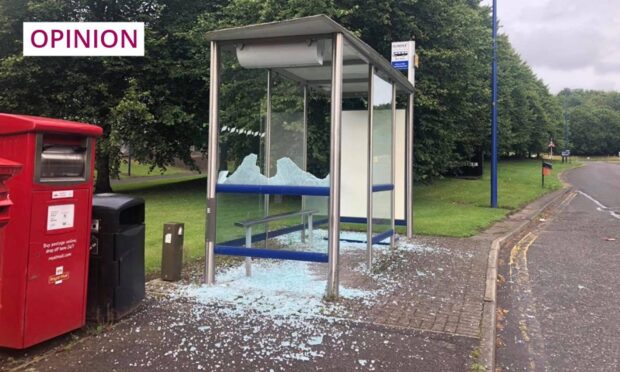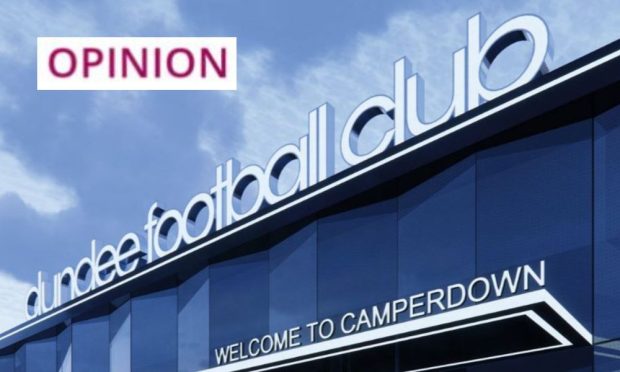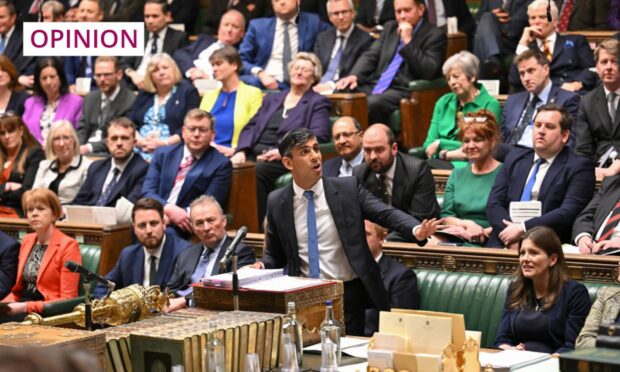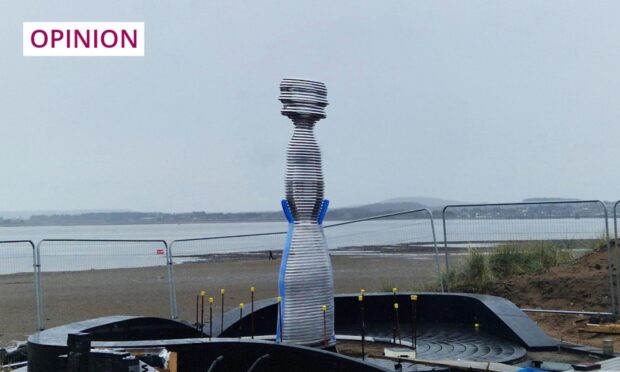Sir, – Dundee City Labour councillor Michael Marra has been elected to the Scottish Parliament, at the head of Labour’s regional list.
I wish him well and am sure he is delighted with his success. However, I am keen to know when he intends to vacate his council seat in Lochee?
Now that the Scottish Parliament has returned an increased majority for an independence referendum I would like to see an open debate on the stump about who Labour believes is best placed to make decisions for Scotland; the Scottish people themselves or Boris Johnson and his cronies in London.
To deny Scottish democracy would be a bad look.
I would also suggest that, as Labour tells me they believe in jobs “for the many, not the few”, Mr Marra holding on to two such jobs smacks – just a bit – of hypocrisy.
Henry Malcolm.
Clepington Road, Dundee.
Desire for indy is ‘not overwhelming’
Sir, – I am not sure the SNP is correct in calling this latest election win a landslide.
They certainly have more seats than, for example 2015, but have fewer voters (100,000) this time round.
Now, should the SNP manage to secure their desired referendum, they know it is down to individual votes not seats.
The year 2023 is now being mooted as a possibility for this event. Could the reasons for this be down to the following?
A total of 2,696,124 turned out to cast their votes in this election, of which the pro-independence parties secured 1,326,114.
If you add in all ‘others’ this makes 1,341,248 – I am being generous as you must remember that some ‘others’ were not pro-independence.
The votes for parties affiliated to retaining the ‘union’ totalled 1,354,177 votes.
No ‘supermajority’ there then, if my maths is correct.
My point is this simple analysis does not suggest an overwhelming clear desire for independence by the Scots.
Jonathan Brown.
Longleys, Meigle.
Holding to the status quo won’t wash
Sir, – Scotland is broadly evenly split on independence.
The opposition parties exploit this by maintaining that division. But they fail to understand that a split of opinion like this can never be resolved while fact-based reasonable opinion remains untested.
What they are promoting instead is the status quo regardless. If the split was more polarised there is a case for that position, but it isn’t and while the perceived injustices and constraints continue then there will always be a demand for radical change.
The division will not go away or be ‘healed’ without a resolution to the reasons why that division exists.
Do as you are told’ no longer works, and merely entrenches views.
Under the D’Hondt PR system such divisions are more likely to remain unresolved, so while retaining the benefits of PR the only way of resolving differences is for informed debates and public referenda as and when they occur.
It should be noted that comparing election results based on the way Westminster works, by constituencies, the SNP won 62 of the 73 seats.
The opposition by relying on the advantages of PR are in effect denying that majority position their chosen way forward.
Nick Cole.
Balmacron Farmhouse, Meigle.
Let’s live together in peace and harmony
Sir, – The outstanding triumph of the SNP has been to take Scotland, a country united and at peace with itself, and split it down the middle, pit Scot against fellow Scot and create bitterness of each other and of England and the English.
And this state of affairs is clearly set to intensify over the coming years.
The terrible effects of this policy on the Scottish economy are, as yet, incalculable and the ruthless abandonment of the people of that beautiful part of Scotland and northern England, the Borders, is unforgiveable.
Is it really too late to abandon all that nonsense now and to go back to living together in peace and harmony?
James E D Cormie.
Craiglea Road, Perth.
